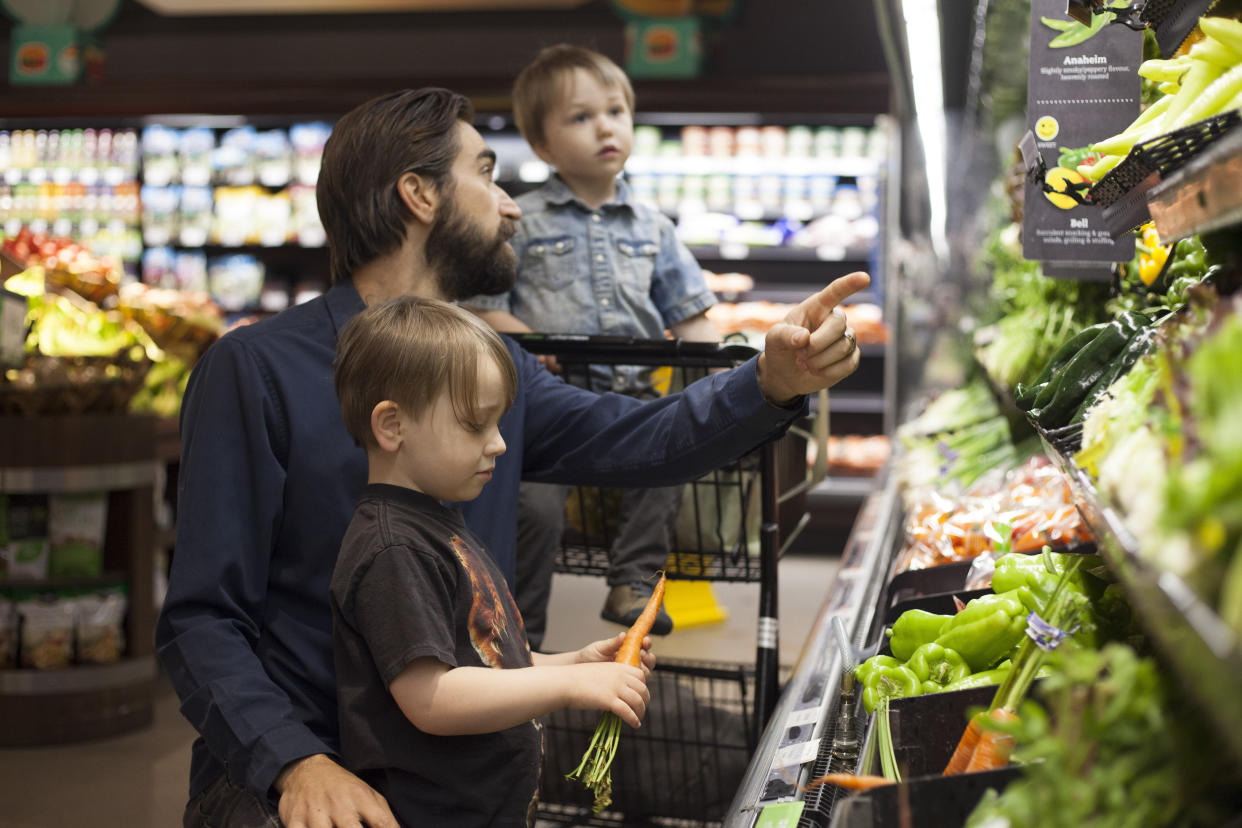End of extra food aid will drive folks to the 'emergency room to just get a meal'
With the discontinuation of pandemic SNAP (Supplemental Nutrition Assistance Program) benefits, 30 million American families are now struggling with food insecurity.
They lost $95 on average per person in extra food aid, according to FarmboxRx CEO Ashley Tyrner, whose food delivery company make high-quality, farm-fresh fruits and vegetables more accessible.
"So they go to the emergency room to just get a meal," Tyrner told Yahoo Finance Live (video above). "And that's very prevalent in our food deserts, especially in rural America."
During the start of the pandemic in 2020, the government gave an additional $95 to $340 in SNAP benefits to recipients. The additional aid was recently discontinued, but the extra need hasn’t for many recipients.
Grocery prices skyrocketed 10.2% year-over-year in February. Turner told Yahoo Finance Live that the U.S. Department of Agriculture ending pandemic SNAP benefits could lead to other health issues for low-income recipients.
“Inflation is at an all-time high. Grocery bills are at an all-time high. And it is not the time for the USDA to make this cut," Tyrner said. "And it's just going to have a trickling down burden effect to other dollars our government puts out around Medicare and Medicaid, with health disparities trickling down through that system because of these cuts."

“So with this cut coming from the USDA, it's going to hit the other government sector of CMS (Center for Medicare and Medicaid Services) with individuals becoming more sick, more chronic disease that's going to come down the line from this, and more unnecessary ER admits,” Tyrner added.
Tyrner told Yahoo Finance about how FarmboxRX serves Medicare and Medicaid recipients, many of whom are dependent on the extra food stamp benefits that were eliminated.
“We came into the healthcare space in 2020 when the Center for Medicare/Medicaid changed regulations around food and produce being able to be offered as a benefit to Medicare and Medicaid recipients that have one of 15 chronic diseases," Tyrner said. "And so what we do is we partner with health plans to provide food to these members to engage them in other quality outcomes."
Tyrner says the company offers healthy food as a type of medicine to provide preventative care. She says that nutritious food lessens health expenses that will hurt taxpayers in the long run.

“We really created the food as medicine space within health care. There's still a tremendous amount of work that needs to be done there, right? If you treat someone who has Type 2 diabetes with better nutrition and better food, you're going to change that chronic outcome that they have, which would lower their claims costs, which is ultimately a burden to taxpayers, “ Tyrner said.
Tyrner told Yahoo Finance that as a result of the nutrition education paired with their meals, FarmboxRx encourages its customers to take more measures to be more proactive with their health.
“It's really kind of crazy that we're engaging them with food, which can help prevent chronic conditions, but we're doing it to get them to go take these other measures for other preventative, like mammograms, colonoscopies, diabetic eye exams," Tyrner said. "So that's the only way that we've been able to get on a health plan's budget is by showing that we can have the members go do these other necessary exams."
Ella Vincent is the personal finance reporter for Yahoo Finance. Follow her on Twitter @bookgirlchicago.
Read the latest financial and business news from Yahoo Finance
